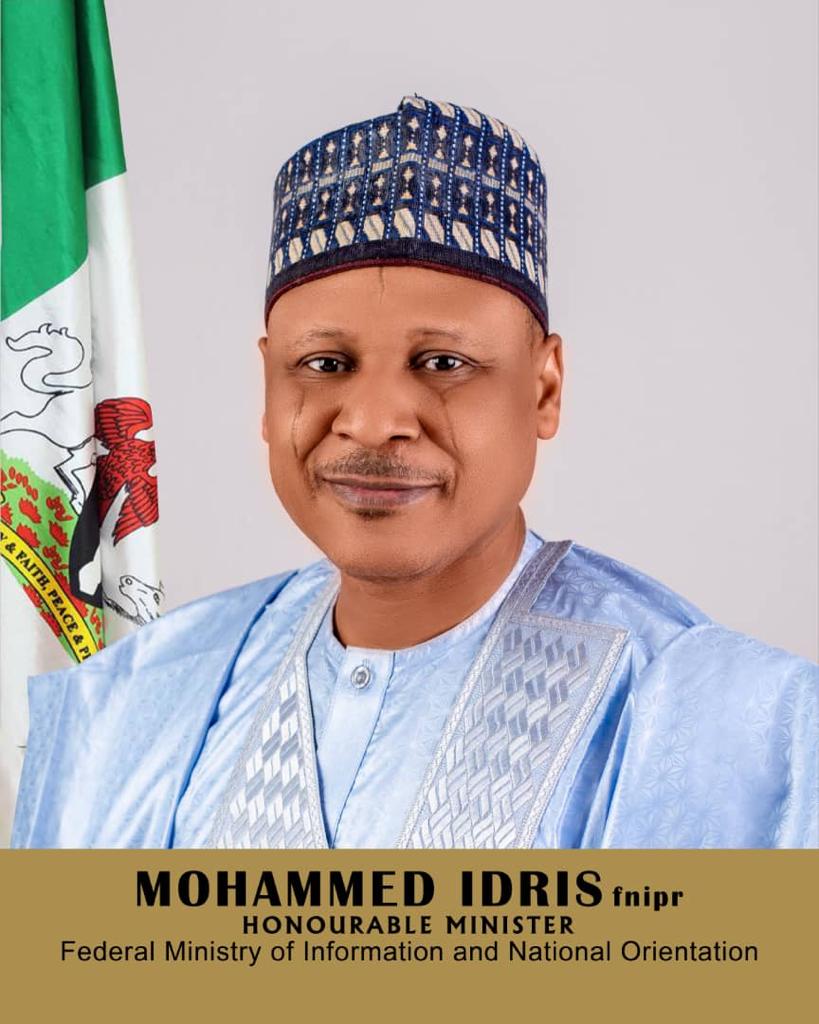A total of 15,303 girls have been enrolled into 813 Girls for Girls (G4G) UNICEF initiative schools in three pilot states of Zamfara, Bauchi and Kastina.
Mrs Azuka Menkiti, the Education Specialist, United Nations Children Education Fund (UNICEF), disclosed this at a two-day Media Dialogue on G4G initiative in Gusau on Tuesday.
She said that the girls were enrolled to address the problems of retention and completion of girls’ education in schools.
She said that in Katsina, more than half of the girls did not continue with their primary education as they either refused to be educated or were given out for marriages.
She said that with the introduction of the G4G, access to equitable education to early learning and basic education had increased.
According to her, the Cash Transfer Programme is addressing financial constraint of the girl-child, while the G4G is addressing retention for girls in schools.
“We just don’t want to go beyond enrolling these girls in schools but also ensure they remain in schools, which is the whole essence of the G4G initiative.
“We want to work with the girls to improve, support, mentor and empower girls to appreciate who they are and why they should remain in school.
“It is also introduced to girls in upper primary classes from primary four to six and the goal is to also bring additional one million girls to school.”
Menkiti said that the establishment of a Mother Association (MA) responsible for the mentorship of the girl-child had been created across the pilot states.
She said that UNICEF had formed the male champions of girl- child education who would appreciate the girls and encourage them on the need for education.
She said a High Level of Women Advocates (HILWA), who were lawyers, doctors and the like had been formed to interact with the girls to help them nurse and motivate their careers.
Menkiti said that the Girls Education Programme (GEP) established in 2016 with strategic development of girls would end in 2020.
She said that even if the project would end, the intervention would continue as there were plans with state governments to continue the process.
The project was introduced to address the barriers that hinder girls from attending schools ranging from early marriages, ignorance and cultural belief system. (NAN)



